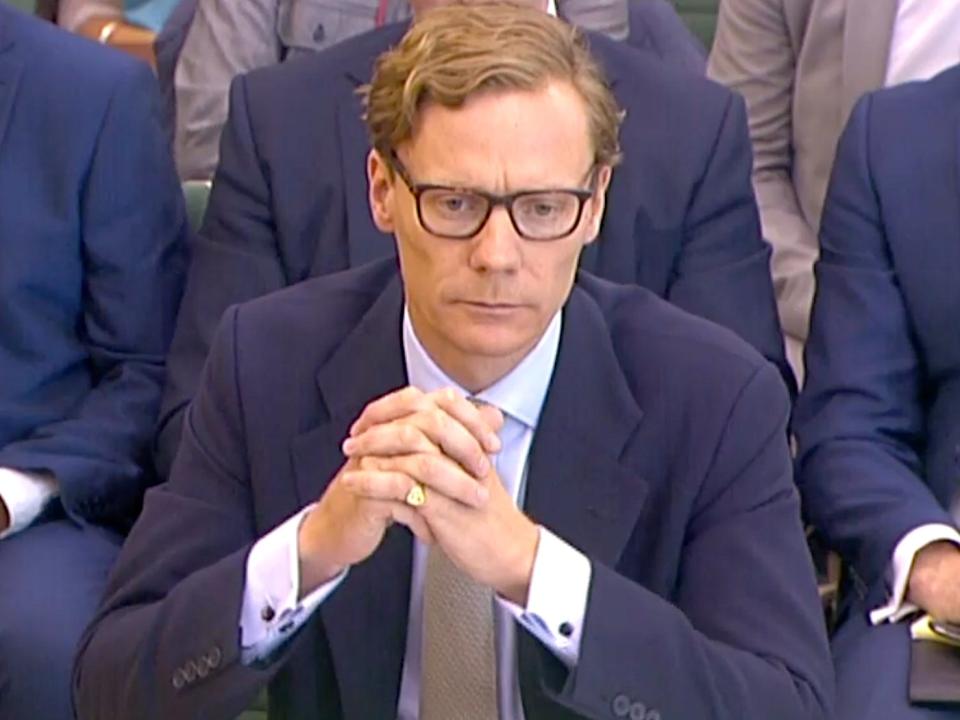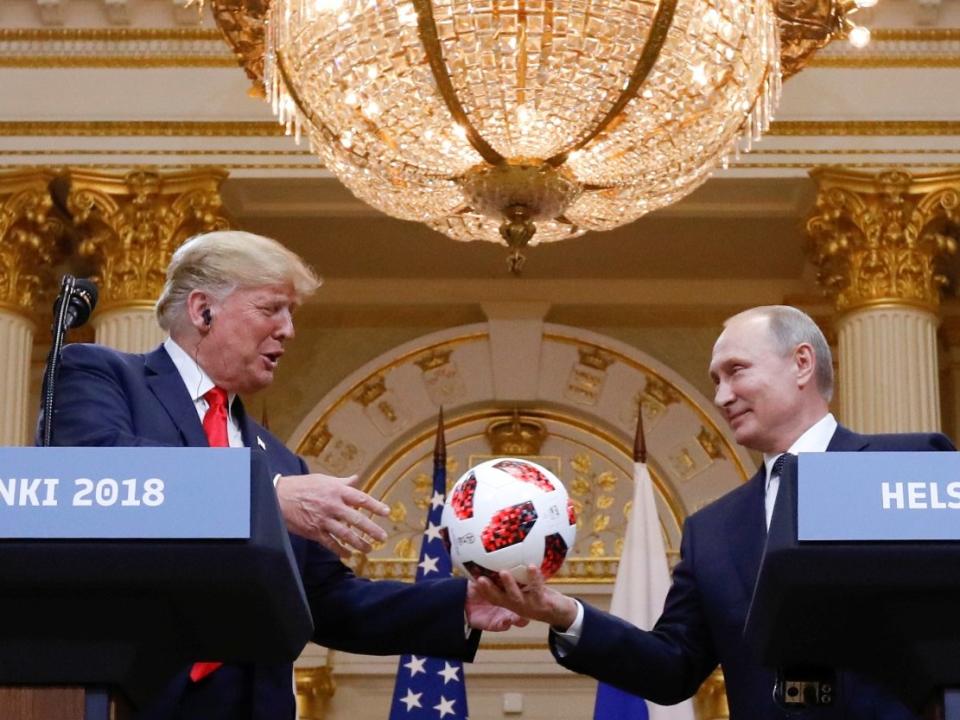Cambridge Analytica's Facebook data was accessed in Russia

parliamentlive.tv
The data Cambridge Analytica harvested from Facebook was accessed in Russia, the UK's Information Commissioner's Office has confirmed.
British lawmaker Damian Collins told CNN that investigators now need to establish who accessed the Facebook profiles, how they used them, and whether it played a role in the US election.
Aleksandr Kogan, who built the app that Cambridge Analytica used to harvest the data, told CNN that he was not aware of anyone accessing his record of the data.
He added that the fact data had been accessed from Russia might be entirely innocuous.
There is evidence that the millions of Facebook profiles harvested by Aleksandr Kogan for Cambridge Analytica were accessed in Russia, a British politician has told CNN.
Damian Collins, the Conservative MP leading the parliamentary inquiry into the data breach and fake news, said the Russia connection had been uncovered by the UK's data watchdog, the Information Commissioner's Office (ICO). The ICO later confirmed this.
"I think what we want to know now is who were those people and what access did they have, and were they actually able to take some of that data themselves and use it for whatever things they wanted," Collins told CNN.
Collins was unspecific about how the data was accessed, what kind of data it was, and whether it was used in any way. "There will be a lot of interest now to see to what extent were people in Russia benefiting from the work Kogan was doing with his colleagues in Cambridge in the UK," he said.
He added: "It possible, indirectly, that the Russians learned from Cambridge Analytica, and used that knowledge to run ads in America during the presidential election as well." This comes just as the issue of Russian meddling in the US election has caused divides within the Republican party.

Kevin Lamarque/Reuters
Kogan, who built the app 'This is Your Digital Life' which Cambridge Analytica used to harvest the data of over 80 million Facebook users, held a professorship at St. Petersburg State University.
Kogan told CNN, however, that he visited Russia in May 2014, before he began collecting data for Cambridge Analytica, and didn't visit again until April 2016, by which time he had begun to delete most of the Facebook data.
He denied giving the data to any Russian entity. "I am not aware of any Russian entity with access to my data," he said, but admitted that it was possible that someone in Russia could have accessed data from his computer without his knowledge.
Kogan also told CNN that the fact the data was accessed in Russia could be harmless. "This could be really innocuous, it could be as simple as an SCL [Cambridge Analytica's British parent company] representative was in Russia and they remotely access the server to see some of the files," he said.
An ICO spokesperson told Business Insider: "We have evidence that some of the systems linked to the investigation were accessed from IP addresses that appear to resolve to Russia and other areas of the CIS [Commonwealth of Independent States].
"We know that some of those we are looking at have legitimate work in those areas and it can be possible to mask the true location of access; we are therefore investigating the basis and nature of that access. Our work in this area is at an early stage."
As the investigation is ongoing, the ICO was unable to provide further detail. Business Insider has contacted Damian Collins for comment.
NOW WATCH: What would happen if America's Internet went down
See Also:
SEE ALSO: Cambridge Analytica tried to sell itself to 18,000 buyers — but received just 4 paltry offers
